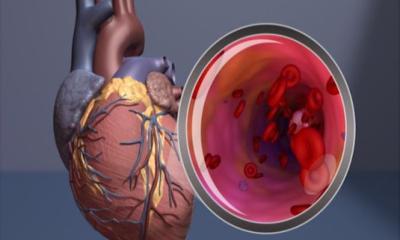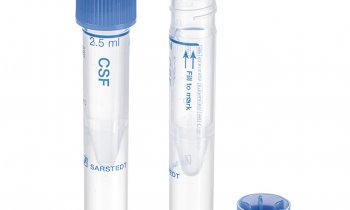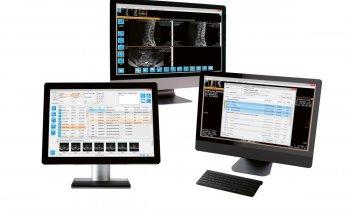
Image source: Adobe Stock/Ratirath
News • Medical communication
Research shows why doctors should listen more to their patients
Experts today call for more value to be given to patients’ ‘lived experiences’ as a study of over 1,000 patients and clinicians found multiple examples of patient reports being under-valued.
The research, led by a team at the University of Cambridge and Kings’ College London, found that clinicians ranked patient self-assessments as least important in diagnostic decisions, and said that patients both over- and under-played their symptoms more often than patients reported doing so. One patient shared the common feeling of being disbelieved as “degrading and dehumanising” and added: “If I had continued to have regard for clinicians’ expertise over mine, I would be dead… When I enter a medical appointment and my body is being treated as if I don’t have any authority over it and what I’m feeling isn’t valid then that is a very unsafe environment… I’ll tell them my symptoms and they’ll tell me that symptom is wrong, or I can’t feel pain there, or in that way.”
In a study published in Rheumatology, researchers used the example of neuropsychiatric lupus, an incurable autoimmune disease that is particularly challenging to diagnose, to examine the different value given by clinicians to 13 different types of evidence used in diagnoses. This included evidence such as brain scans, patient views, and the observations of family and friends.
Combining and valuing both views, especially when the diagnostic tests aren’t advanced enough to always detect these diseases, may reduce misdiagnoses and improve clinician and patient relationships
Tom Pollak
Fewer than 4% of clinicians ranked patient’s self-assessments in the top three types of evidence. Clinicians ranked their own assessments highest, despite acknowledging that they often were not confident in diagnoses involving often invisible symptoms, such as headache, hallucinations, and depression. Such ‘neuropsychiatric’ symptoms can lead to low quality of life and earlier death and were reported to be more often misdiagnosed – and therefore not correctly treated – than visible ones such as rashes.
Lead author, Dr Melanie Sloan from the Department of Public Health and Primary Care at the University of Cambridge, said: “It’s incredibly important that we listen to and value patients’ insights and their own interpretations of their symptoms, particularly those with long-standing diseases – after all, they are the people that know what it is like to live with their condition. But we also need to make sure that clinicians have the time to fully explore each patient’s symptoms, something that is challenging within the constraints of current health systems.”
Almost half (46%) of the 676 patients reported never or rarely having been asked for their self-assessments of their disease, although others discussed very positive experiences. Some clinicians, particularly psychiatrists and nurses, valued patient opinions highly, as a psychiatrist from Wales explained: “Patients often arrive in clinic having had multiple assessments, having researched their own condition to a very high level and having worked hard to understand what is going on with their own body… they are often expert diagnosticians in their own right.”
Patients’ and clinicians’ personal characteristics such as ethnicity and gender were felt to sometimes influence diagnosis, particularly a perception that females are more likely to be told their symptoms are psychosomatic. The data showed that male clinicians were statistically more likely to state that patients over-played symptoms. Patients were more likely than clinicians to say that symptoms were directly caused by the disease.
The study authors acknowledged that patient reasoning will be inaccurate at times, but concluded that there were likely to be many potential benefits (including diagnostic accuracy, fewer misdiagnoses, and greater patient satisfaction) to including patients’ “attributional insights” and experiences into decisions about diagnosis. This is particularly important when diagnostic tests in neuropsychiatric lupus are widely known to be “unenlightening”, according to one neurologist, in common with many other autoimmune diseases and long Covid.
Dr Tom Pollak, senior study author from the Institute of Psychiatry, Psychology and Neuroscience, King’s College London, said: “No human being is always going to be able to accurately pinpoint the cause of symptoms, and patients and clinicians can both get this wrong. But combining and valuing both views, especially when the diagnostic tests aren’t advanced enough to always detect these diseases, may reduce misdiagnoses and improve clinician and patient relationships, which in turn leads to more trust and more openness in symptom reporting.”
Sue Farrington, Co-Chair of the Rare Autoimmune Rheumatic Disease Alliance, said: “It’s time to move on from the paternalistic, and often dangerous, ‘doctor knows best’ to a more equal relationship where the patients with lived experiences and the doctors with learnt experiences work more collaboratively.”
The research was funded by The Lupus Trust and Lupus UK.
Source: © University of Cambridge
19.12.2023











